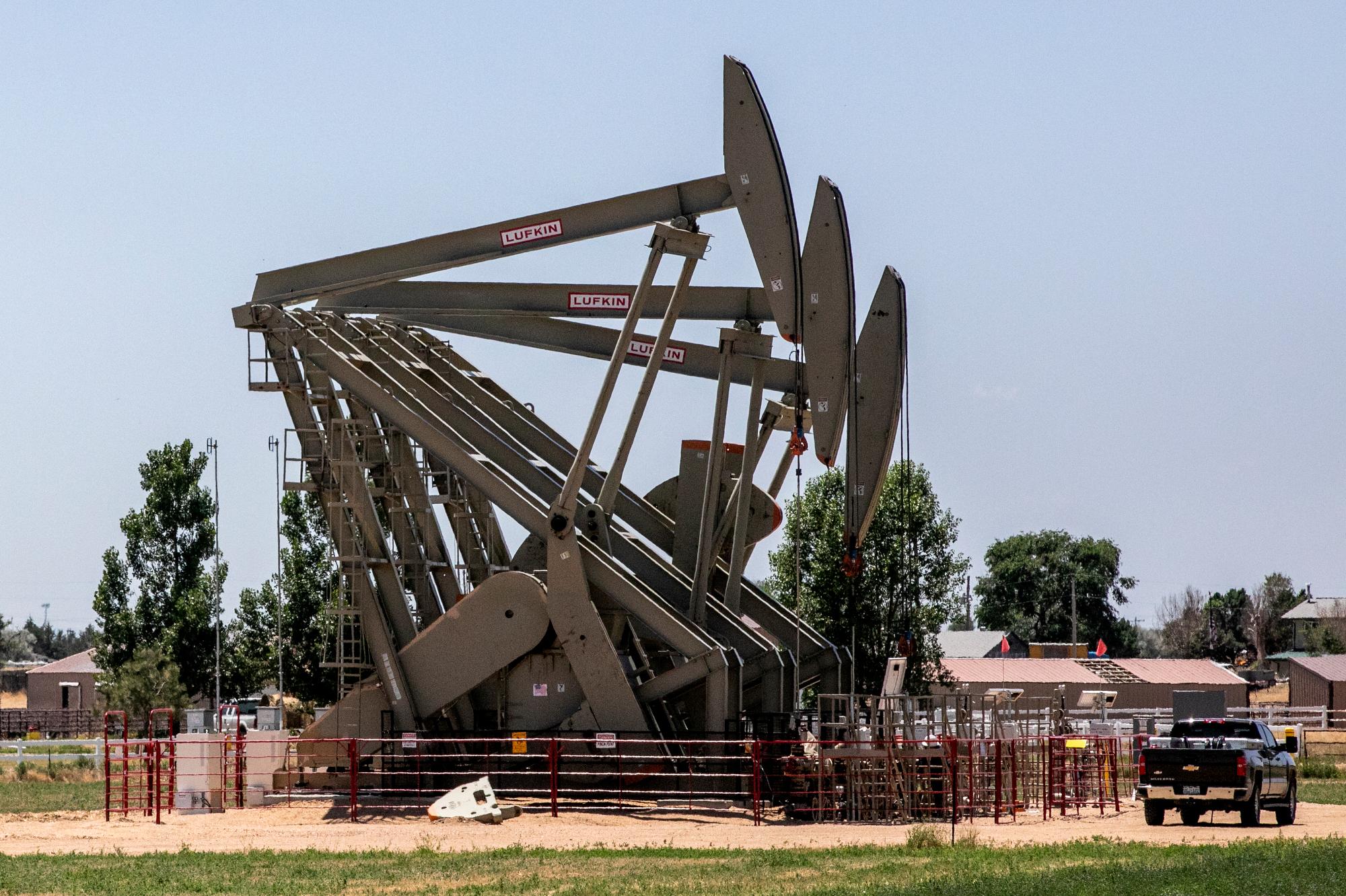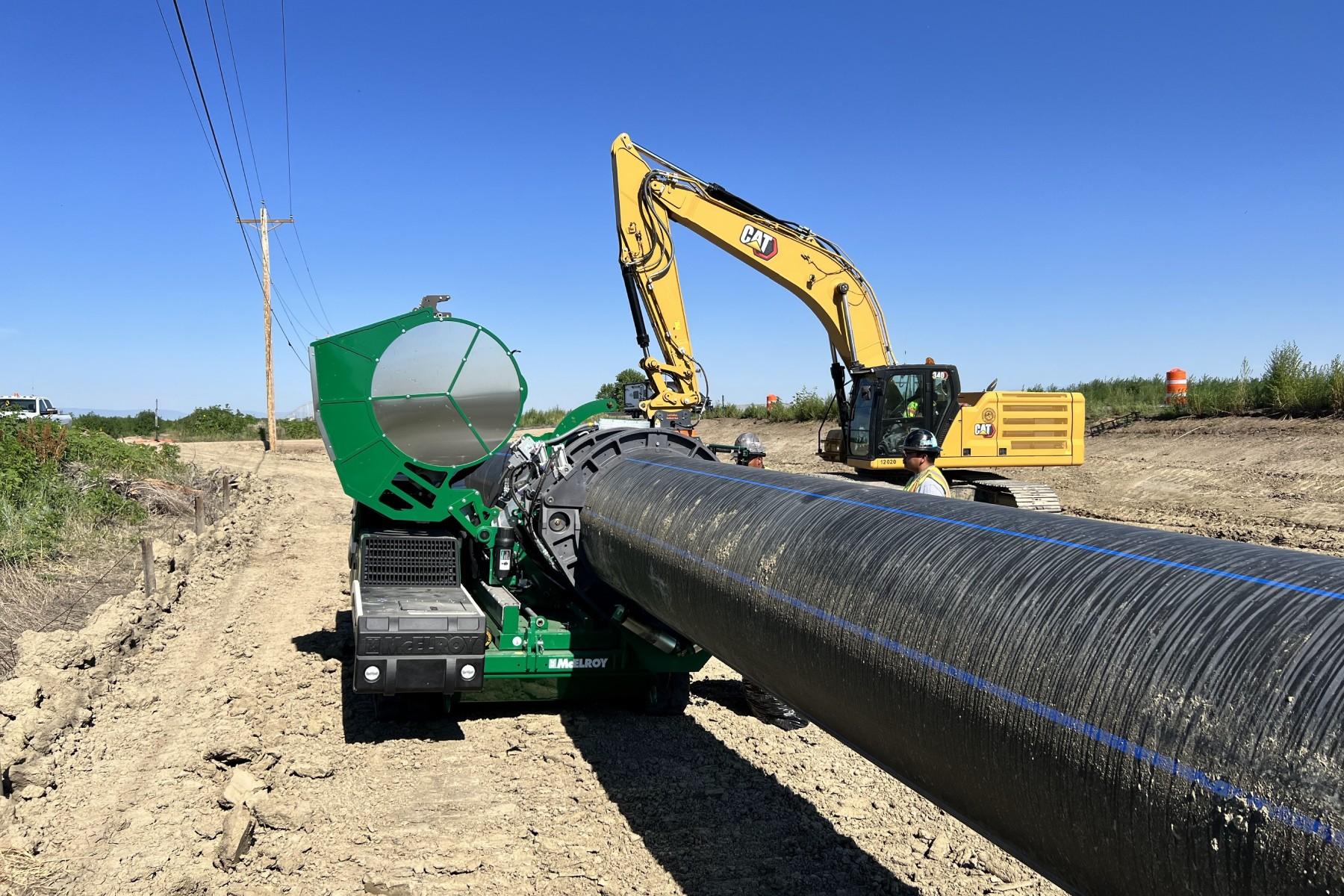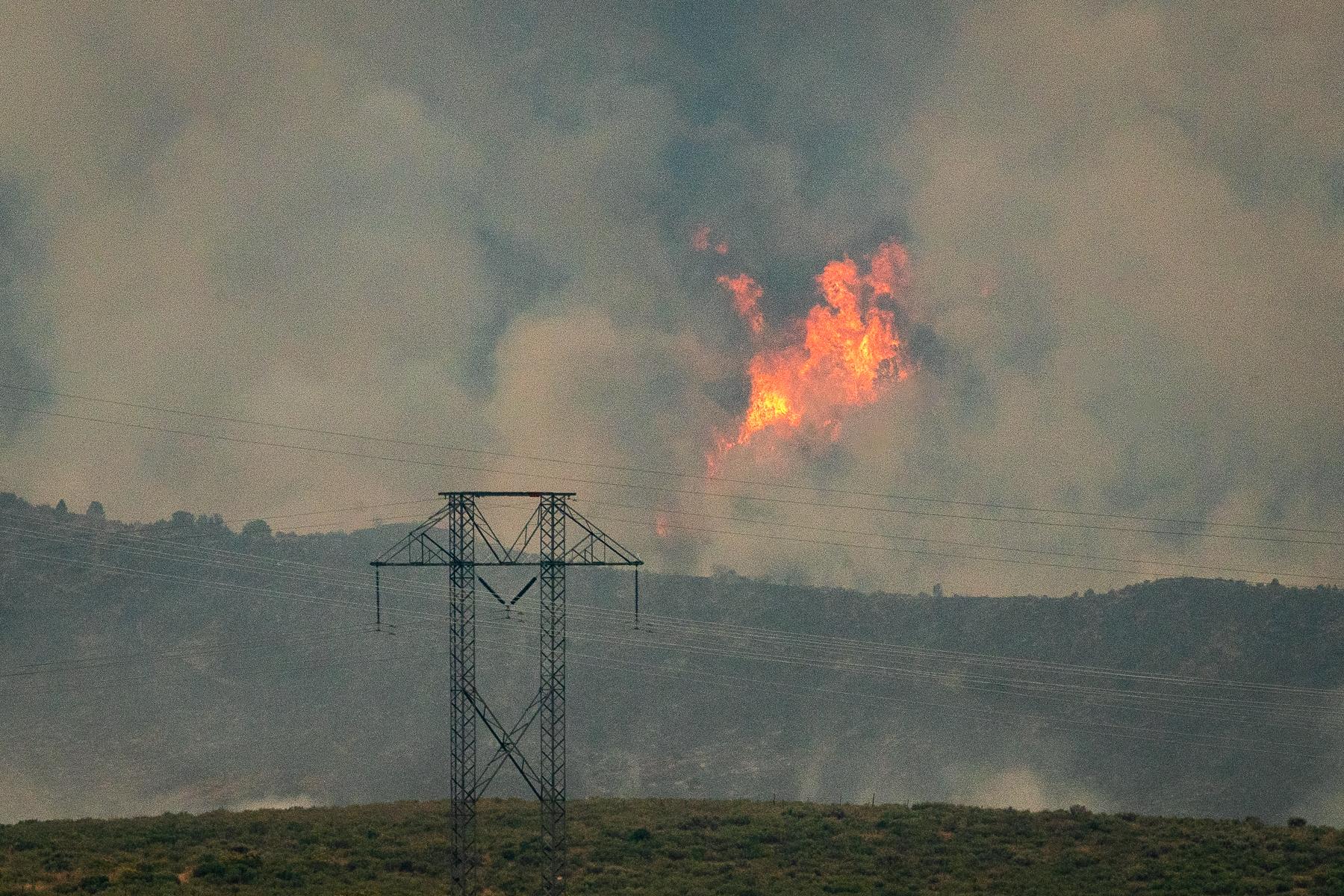
Acres and acres of farmland and forests across the Western Slope are scorched black from the Lee fire, which has burned over 120,000 acres in the past 10 days. It is now 6 percent contained. The nearby Elk fire, burning just to the east, is 14,549 acres and 30 percent contained.
The air is thick with smoke. Piles of ash, dead blackened skeletons of trees, and burnt fields directly abut homes and a gas station along Highway 13, as a giant black cloud of smoke towers in the sky. Flames burn 200 feet high as the fire roars and ash falls from the sky.
Handmade signs hang outside schools, homes and businesses saying, “Thank you firefighters” and “Meeker Strong.”
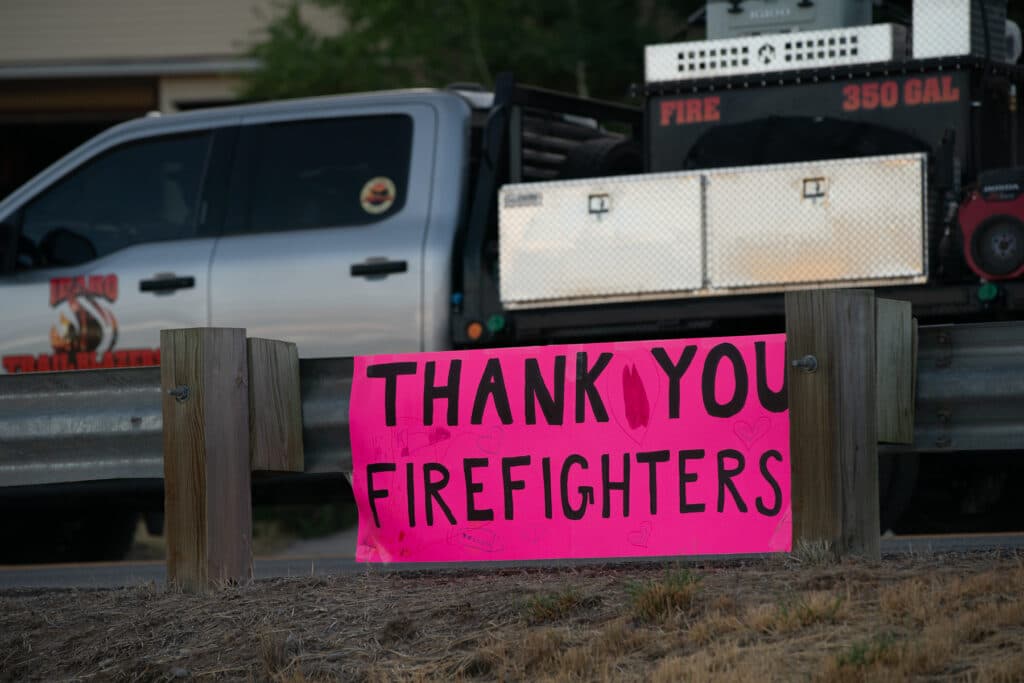
Meantime, tankers are securing firelines and planes are dropping retardant.
Despite the Lee Fire ballooning to one of the largest in state history, officials are hopeful, saying they have largely succeeded at protecting residential areas and properties. Some evacuation orders have been downgraded, including for the town of Meeker.
Winds have died down slightly, from the 45 mph gusts that were driving the fires over the past week, to just 5-10 mph in the coming days.
During a briefing this afternoon, officials with Rocky Mountain Incident Management Team 3, which is managing the fire, said they were also crossing their fingers for rain, a little of which is in the forecast on Thursday and through the weekend.
The Rocky Mountain Incident team offered updates Tuesday afternoon at Meeker High School. They said nearly 1,000 people had been evacuated over the course of the fire, though some have since returned home.
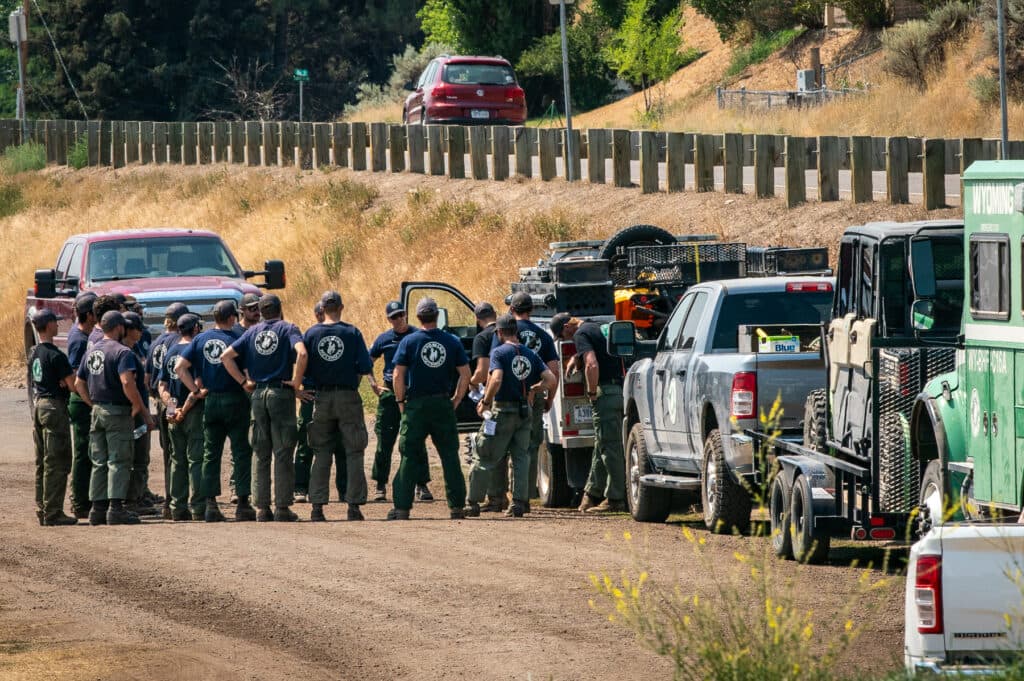
Operations chief Tyler Nathe said evacuation orders had been dropped for many residents, as more than 1,200 firefighters — including helicopter and plane crews — work to contain the eastern portion of the fire, closest to Meeker, population 2,400.
“We're feeling really good about the threat to the town of Meeker no longer being there,” he said.
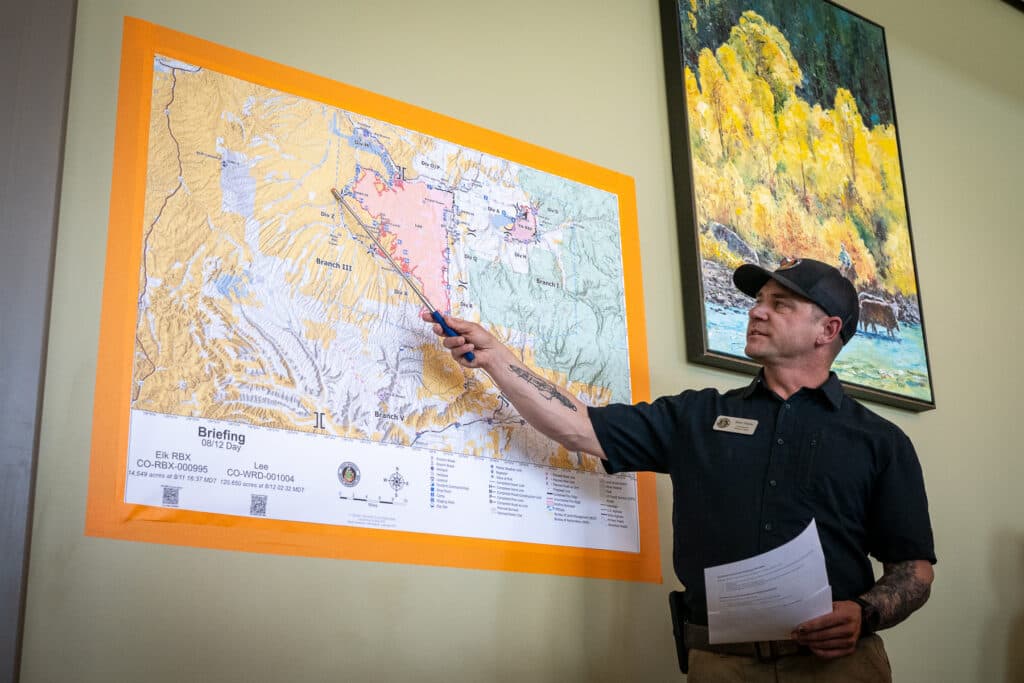
Rio Blanco County Sheriff Anthony Mazzola said at least five homes, however, have burned. Fourteen outbuildings were also lost. Rio Blanco and Garfield counties are rural farming communities — many of the threatened properties are farms.
“It's been wild, it's been scary, but we're a rural county and we bond together and we work together,” said Mazzola.
Nathe said the enormous fire grew quickly and firefighters have faced extraordinarily difficult conditions — many more homes could have burned. “We're still seeing extreme fire behavior every afternoon,” he explained, saying the wind picked up every day around 3 p.m. or 4 p.m. and drove the fire’s growth.
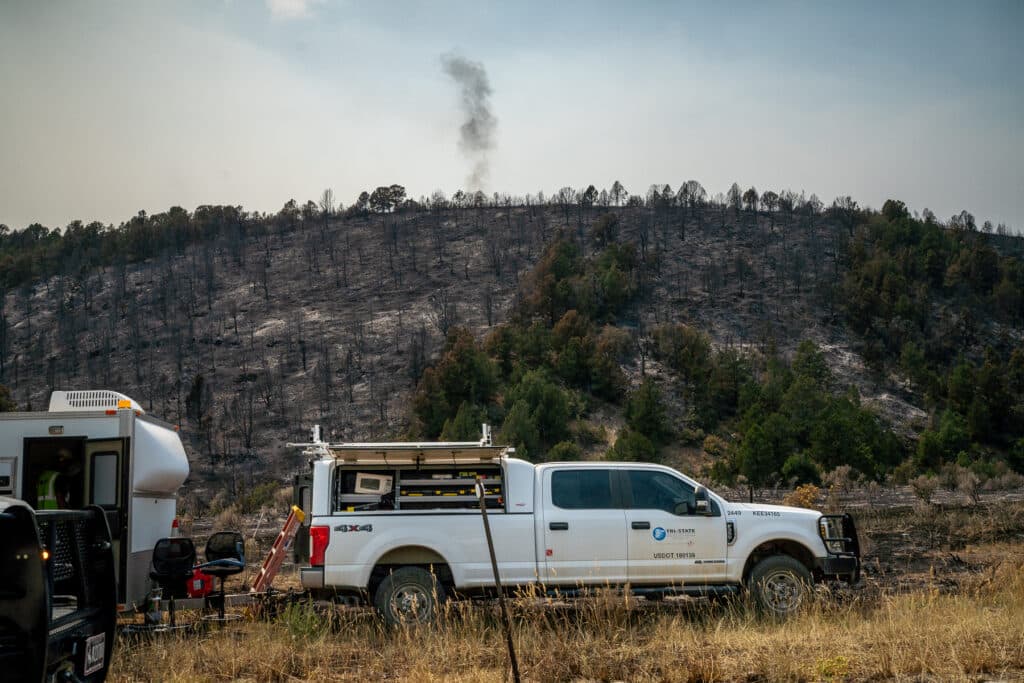
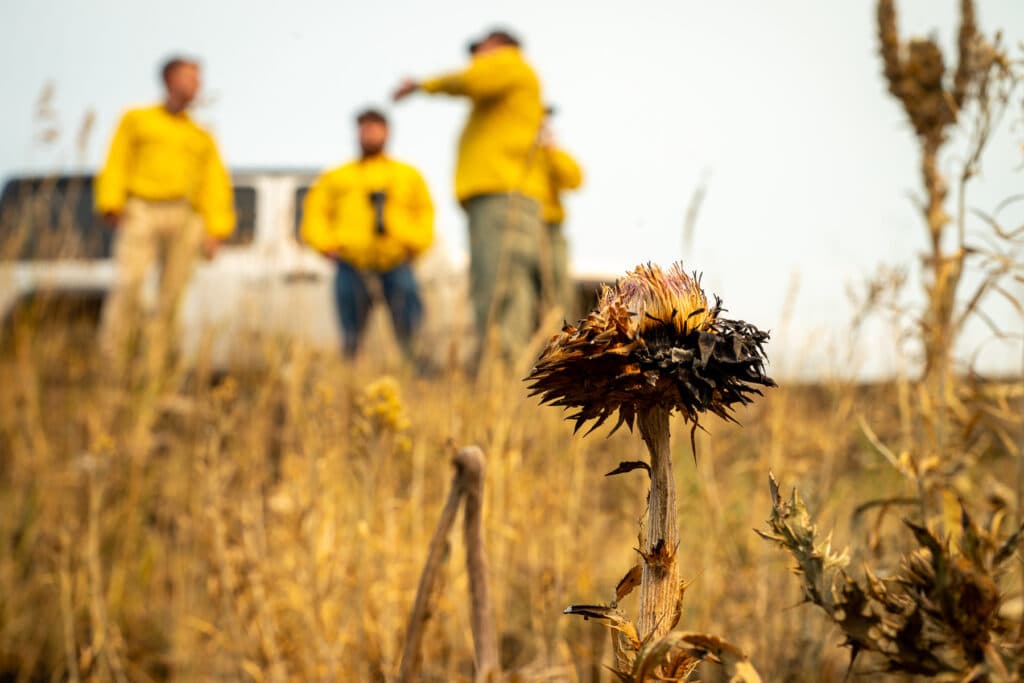
The entire Western Slope is in severe to extreme drought. Much of the area is also under red flag warnings.
“The fuels are really dry, really receptive (to fire) and that, combined with the weather conditions, creates near impossible conditions,” Nathe said.
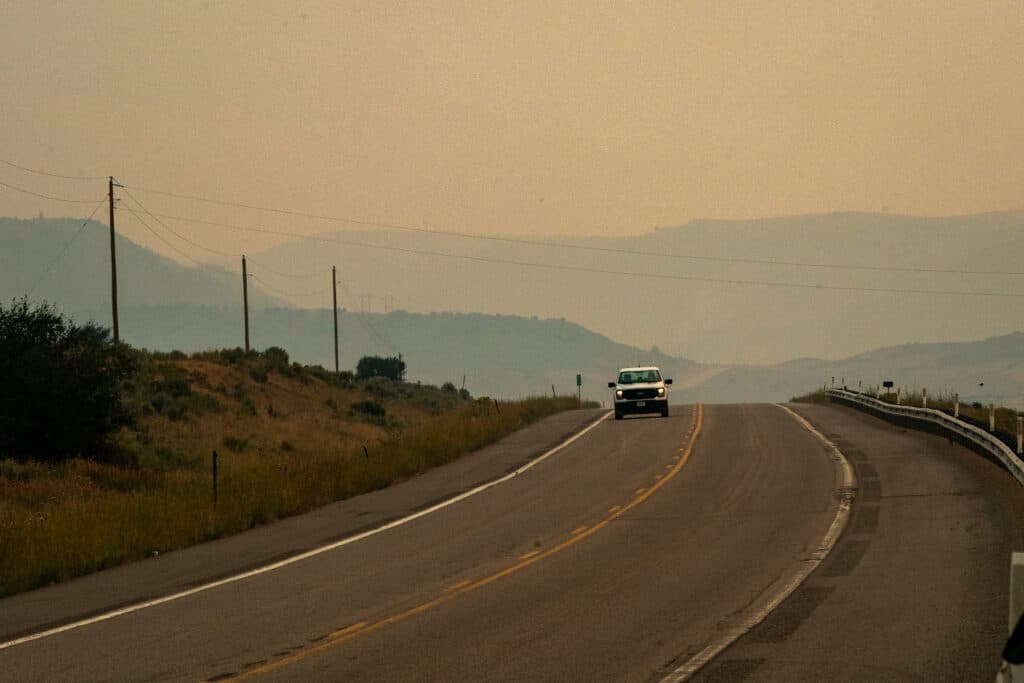
Highway 13 remains closed between Meeker and Rifle, to the south. Nathe said that the town is also fairly safe at this point.
“We don't anticipate the Rifle community being impacted … but we are planning as a team so that in the unlikely event we do get something that progresses farther south, we're ready for it,” he said. Teams will focus on containing the southern edge of the fire in the coming days.
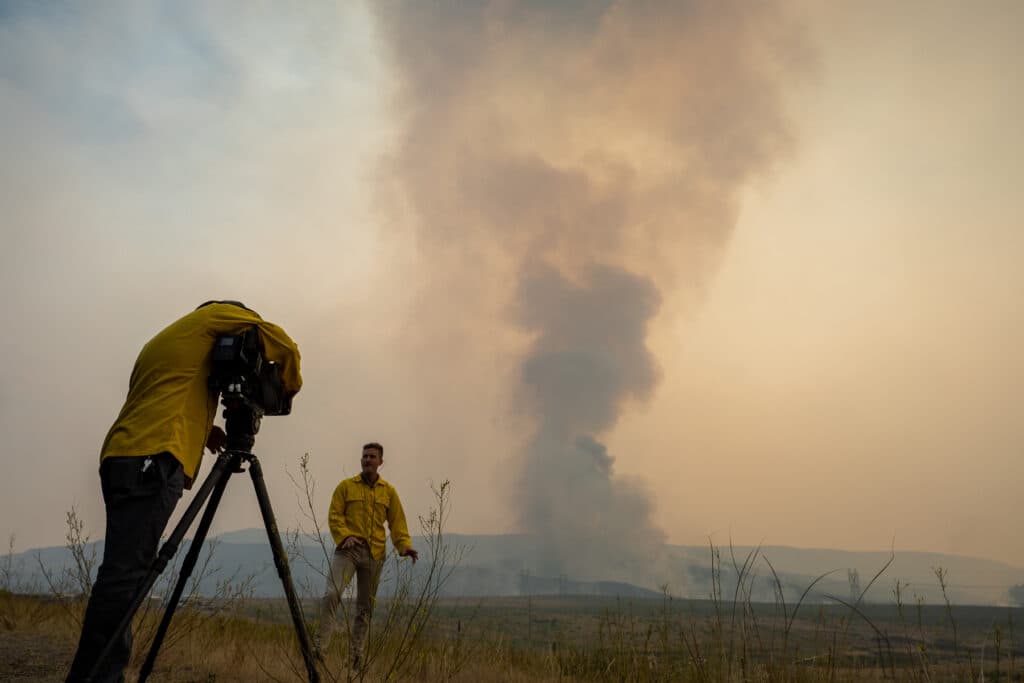
Nathe said because the fire is so big and has grown so quickly, the goal has been to get ahead of it and create breaks and firelines along canyons and roads to prevent the fire from growing, rather than focusing on full suppression. They’ve been using drones along what’s called Hogback Ridge to patrol for hotspots and extinguish them before they spread.
One of the main objectives is preventing the fire from jumping across Highway 13 towards Meeker, or in the south, towards Rifle.
Ten aircraft, 29 handcrews and 63 engines are working the fire.
CPR's Hart Van Denburg contributed to this report.

